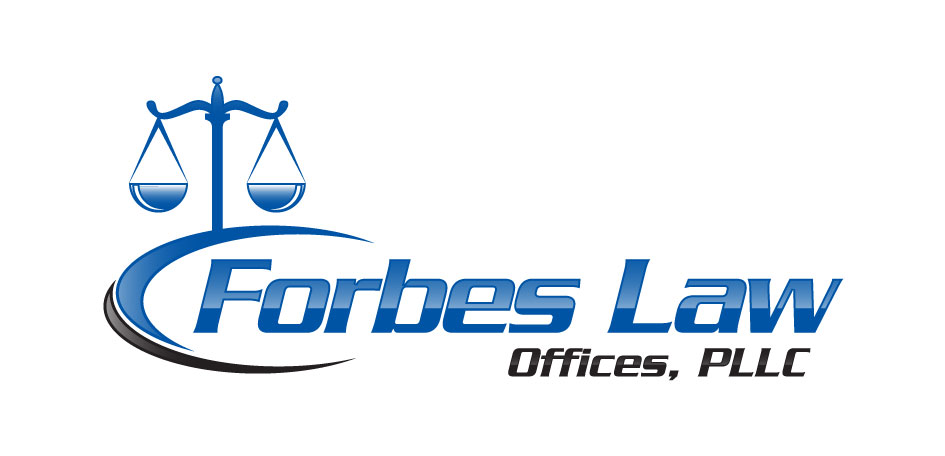Will Changes. Your Will can be changed at any time and for any reason, as long as you are legally competent to make the changes. Review your Will periodically in order to assure yourself that it still accomplishes your objectives. You cannot change your Will at home by simply crossing out paragraphs or writing over it. If you do that, it could invalidate your Will. If a change becomes necessary or if you don't have a Will yet, contact this office for an appointment.
When Changes Are Necessary. Any number of things could happen that would require you to change or rewrite your Will. Several of the more common ones include:
An unexpected death or disablement;
A change in your marital status;
A considerable change in your economic picture;
A need to change your Personal Representative or Guardians; and,
A change in state or federal law which may affect taxes or the distribution of your property.
Storing Your Will. Your Will is an important document and should be stored safely. The choice of where to keep your Will is yours. You can keep the Will at a safe place at home or you can place it in a safety deposit box. However you could be burglarized, a fire could destroy your Will, or it may be difficult to locate. If you store it in your safety deposit box, your heirs will need to obtain a court order to gain access to your safety deposit box after your death if they are not listed as joint owners of the box. For a filing fee, your Will can be deposited for safekeeping with the Probate Court of the county in which you live.
Revoking Your Will. You may revoke your Will by destroying it or by preparing a new Will. If you destroy your Will without preparing a new Will, your assets will pass at your death according to the laws of "intestate succession." If you decide you no longer want the provisions of your current Will or if you don't yet have a Will, please contact the office to make an appointment to prepare a new Will.
